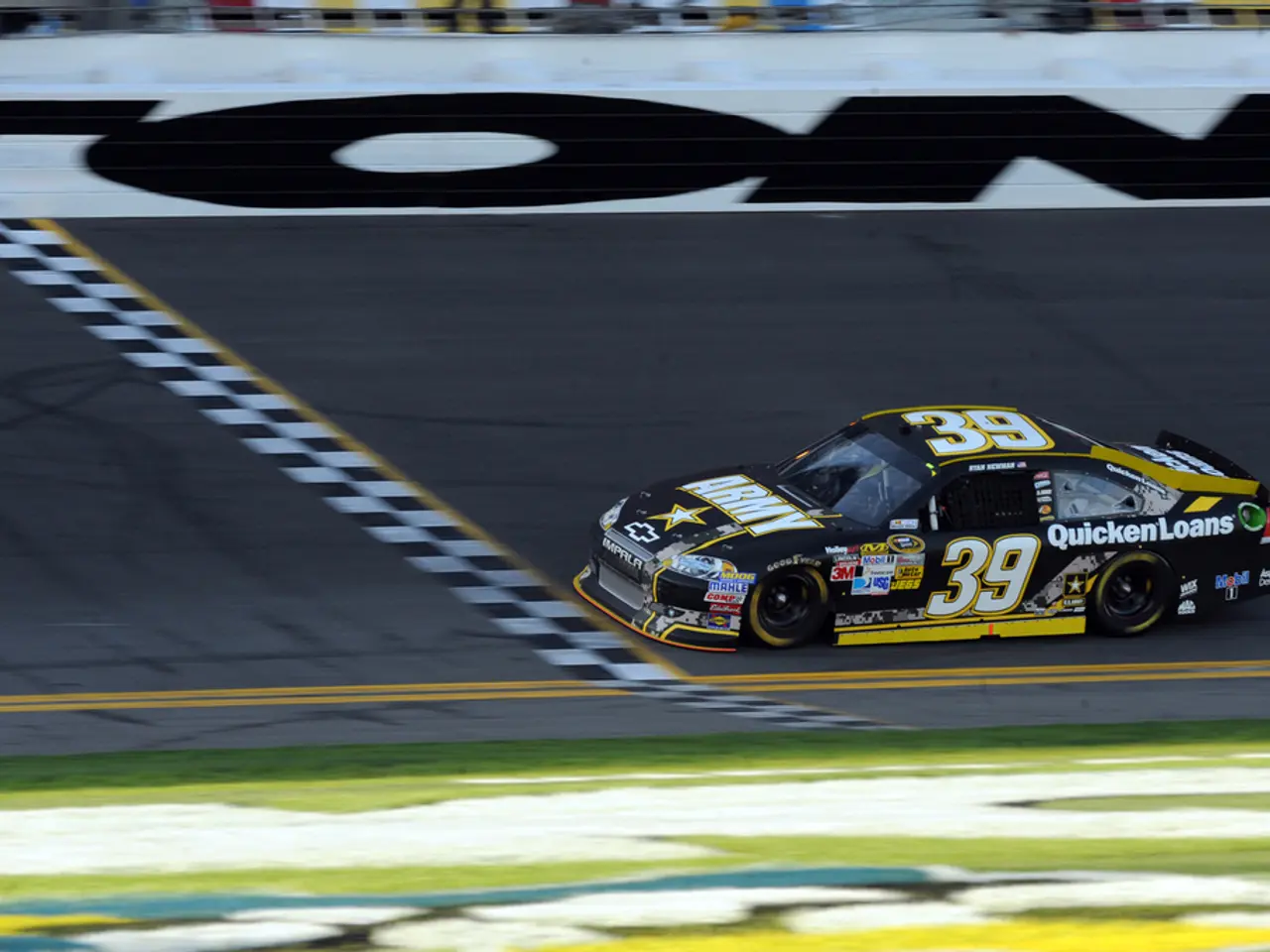Hydrogen takes center stage during the weekend in São Paulo, as per the World Endurance Championship (WEC)
The world of endurance racing took a significant step forward during the recent 6 Hours of São Paulo race weekend, as the Hydrogen Village offered visitors a glimpse into the future of sustainable racing.
The event, which attracted racing enthusiasts and industry professionals alike, featured talks from key figures in the motorsport world. Pierre Fillon, President of the Automobile Club de l'Ouest (ACO), spoke about the MissionH24 project and its goal to decarbonize racing. Kazuki Nakajima, Vice-President of Toyota Gazoo Racing Europe, discussed the progress of the GR Corolla H2, while Bruno Famin, Alpine Vice-President of Motorsport, expressed his view on hydrogen as an "interesting solution" that complements all-electric technologies.
The Hydrogen Village showcased interactive hydrogen displays, reinforcing the growing public interest in sustainable racing. Fans at Interlagos were able to engage with the technology, learning about the unique challenges and opportunities presented by hydrogen-powered vehicles.
Two hydrogen-powered vehicles, Alpine's Alpenglow Hy6 and Toyota's GR Corolla H2, have already taken to the track. Alpine's Alpenglow Hy6 completed demonstration laps at Circuit de la Sarthe and Spa-Francorchamps, while Toyota's GR Corolla H2 successfully finished the 24 Hours of Fuji.
The UN Economic Commission for Europe (UNECE) approved safety regulations for vehicles powered by liquid hydrogen for the first time in 2021. These regulations, developed with input from industry experts and automotive manufacturers, are a crucial step in ensuring the safety of hydrogen-powered vehicles on the race track.
Michelin, a long-time partner of the motorsport world, unveiled a tyre specifically designed for hydrogen-powered vehicles. The tyre, composed of over 70% recycled or renewable materials, is designed to withstand unique load characteristics without compromising performance.
Starting in 2028, hydrogen-powered prototypes will join combustion-engine race cars on the World Endurance Championship (WEC) grid. This marks a significant milestone in the transition towards sustainable racing and a greener future for the sport.
The WEC has supported dedicated hydrogen-themed fan activities during the Spa-Francorchamps and 24 Hours of Le Mans rounds this season. These activities aim to educate fans about the benefits of hydrogen-powered vehicles and the strides being made towards a greener future for endurance racing.
As the race for a sustainable future heats up, it's clear that hydrogen is playing an increasingly important role in the world of motorsport. With the support of industry leaders, manufacturers, and fans alike, the future of sustainable racing looks brighter than ever.
Read also:
- Peptide YY (PYY): Exploring its Role in Appetite Suppression, Intestinal Health, and Cognitive Links
- Toddler Health: Rotavirus Signs, Origins, and Potential Complications
- Digestive issues and heart discomfort: Root causes and associated health conditions
- House Infernos: Deadly Hazards Surpassing the Flames








